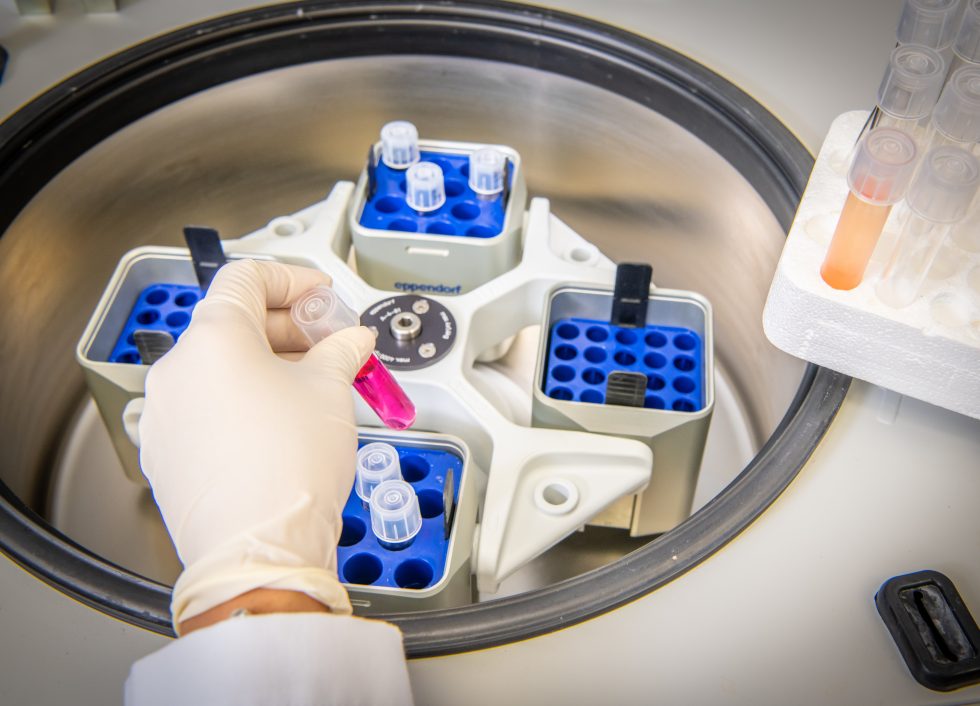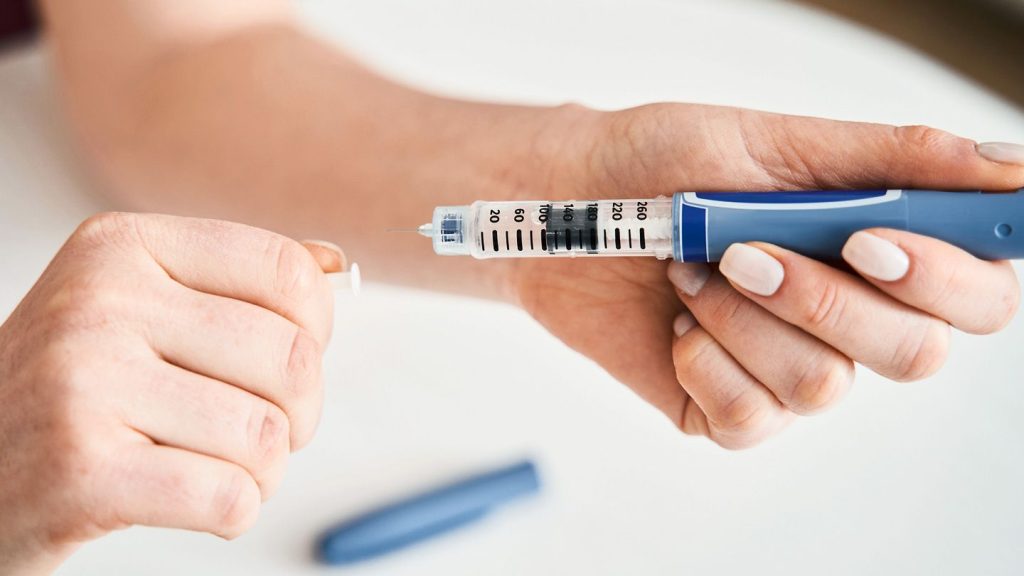Innovating Diabetes Care with VX-880
In a potential leap forward for diabetes management, VX-880 may restore the function of pancreatic islet cells, including glucose-responsive insulin production, and thereby the body’s regulation of glucose levels. Administered via hepatic portal vein infusion, VX-880 requires long-term immunosuppressive therapy to protect the transplanted islet cells from immune rejection.
Cell therapy as a functional cure for diabetes represents a direction scientists have pursued ardently in recent years.
Vertex’s Clinical Trial Milestone
On June 24, 2024, Vertex Pharmaceuticals shared new data from a phase 1/2 clinical trial of stem cell therapy VX-880. Within 90 days following a single full-dose infusion of VX-880, all type 1 diabetes (T1D) patients exhibited successful islet cell transplantation and insulin production responsive to glucose. At their last follow-up, 11 out of 12 patients either reduced or entirely ceased using exogenous insulin.
VX-880 is an investigational stem cell-derived, fully differentiated islet cell therapy aimed at treating T1D patients with impaired hypoglycemic awareness and severe hypoglycemia. Notably, VX-880 has attained the Regenerative Medicine Advanced Therapy (RMAT) designation and Fast Track status granted by the FDA.

Understanding Diabetes
Diabetes is categorized as Type 1 (T1D), Type 2 (T2D), or gestational, among others, with T1D being an autoimmune disease. It leads to insulin deficiency due to the immune system mistakenly attacking the pancreatic β-cells, disrupting normal blood sugar regulation. T1D patients must endure lifelong insulin injections and blood sugar monitoring, which besides being painful, risk complications including hypoglycemia, seizures, coma, and even death.
According to data from The Lancet, there are currently 529 million people with diabetes globally, with projections of up to 1.3 billion by 2050.
Vertex announced the phase 1/2 trial as a sequential, multi-part study, originally enrolling 17 patients, 14 of whom have been treated so far, with this announcement detailing the data of 12 patients from parts B and C.
Initially, all patients lacked detectable fasting C-peptide, indicating endogenous insulin secretion, with a history of recurrent severe hypoglycemia in the year before screening, requiring an average of 39.3 units of insulin daily. Post-infusion of VX-880, by Day 90, all 12 patients demonstrated islet cell implantation and glucose-responsive insulin production.

At their most recent visit, all patients showed improved glycemic control, reaching HbA1c levels below 7% and time in range above 70%. Remarkably, 11 participants ceased or reduced their use of exogenous insulin. During follow-up (starting at Day 90), none reported episodes of severe hypoglycemia. Three patients followed up for at least one year also achieved this milestone, free from severe hypoglycemia and maintaining HbA1c below 7%.
Regarding safety, Vertex reported VX-880 is generally well-tolerated. Most adverse events (AEs) reported were mild to moderate, with no serious adverse events associated with the VX-880 treatment. Two patient fatalities occurred, deemed unrelated to VX-880, with its safety profile consistent with the immunosuppressive regimen used, infusion process, and long-term complications of diabetes.
Previously, on June 24, 2023, Vertex disclosed partial trial outcomes, where two T1D patients from parts A and B no longer required insulin injections, and a significant decrease in disease biomarkers was observed. These results align with previously reported positive outcomes, bolstering the transformative potential of the therapy. Based on these promising data, Vertex plans to expand the trial to include approximately 37 patients.









































Discussion about this post